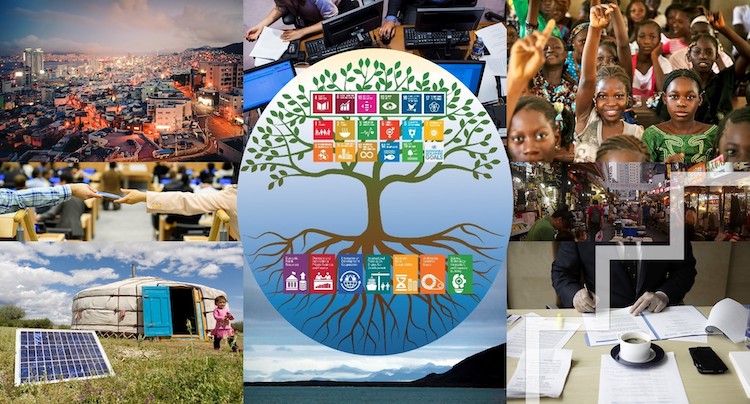
By Santo D. Banerjee
NEW YORK (IDN) – Although significant progress has been made since the adoption of the Addis Ababa Action Agenda in 2015, recent data confirm that the world is not on track to achieve the 17 Sustainable Development Goals (SDGs). This includes the slow pace at which the financing gap for the SDGs – amounting to trillions of dollars – is being filled.
This in turn is adversely affecting financing, which is the thread that connects many of the priorities from advances on climate action to universal health coverage to the SDGs and small island developing States.
To renew global commitment to financing at the highest political level and scale up financing and investment solutions for sustainable development, the UN General Assembly will on September 26, 2019, convene its first High-level Dialogue on Financing for Development since the adoption of the Addis Agenda. It will serve as a UN call for collective action to energize growth and tackle challenges in the global economy, encourage public and private investment to align with the 2030 Agenda, and promote new and innovative initiatives that target gaps in financing sustainable development.
 At the 2019 ECOSOC Financing for Development Forum held in April this year, governments and stakeholders clearly identified the gaps and deficits in trust, policies, regulations and institutions that are holding back progress. A wide range of issues, such as the need for sustainable public and private investments, debt sustainability, international taxation, and illicit financial flows were identified as challenges.
At the 2019 ECOSOC Financing for Development Forum held in April this year, governments and stakeholders clearly identified the gaps and deficits in trust, policies, regulations and institutions that are holding back progress. A wide range of issues, such as the need for sustainable public and private investments, debt sustainability, international taxation, and illicit financial flows were identified as challenges.
These are also areas where progress greatly depends on high-level political commitment and collective action. Yet, according to the UN DESA Voice, existing international norms and institutions may not be fit for purpose in the context of the transformative shifts needed to achieve the 2030 Agenda and a rapidly changing global landscape.
In addition, the private sector needs to be mobilized to transform financing for development. Evidence shows that investing in the SDGs makes economic sense and interest in sustainable investment is growing. Yet, money is not moving towards the sectors or countries where it is needed most, owing to various obstacles to investment.
The Addis Agenda includes concrete policy actions for the 2030 Agenda in key financing areas. More recently, the Secretary-General’s Strategy on Financing the 2030 Agenda recognized the need for deep changes in public policies and across the business and financial sectors to mobilize finance for sustainable development.
The United Nations is ideally placed to foster broad-based, inclusive discussion and generate a call for action at the highest political level. The High-level Dialogue will offer an opportunity for Member States and key stakeholders on financing for development to raise the ambition and level of commitment.
The Dialogue will help to build momentum for the implementation of the Addis Agenda and address risks to financing the SDGs, mobilizing action at all levels. Critically, it will also provide opportunities to announce and launch major, high-impact initiatives to accelerate progress on financing for sustainable development, leaving no one behind, says UN DESA Voice. [IDN-InDepthNews – 09 September 2019]
Image credit: UN
IDN is flagship agency of the International Press Syndicate.
www.facebook.com/IDN.GoingDeeper – https://twitter.com/InDepthNews











